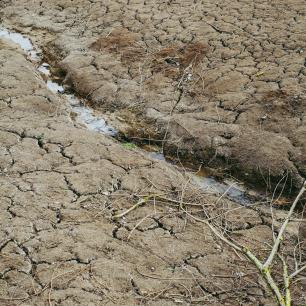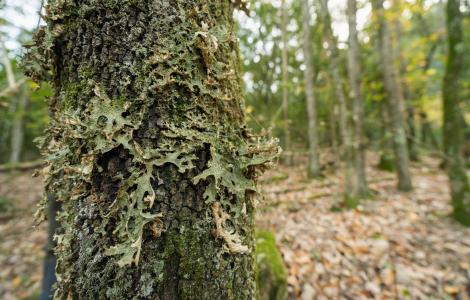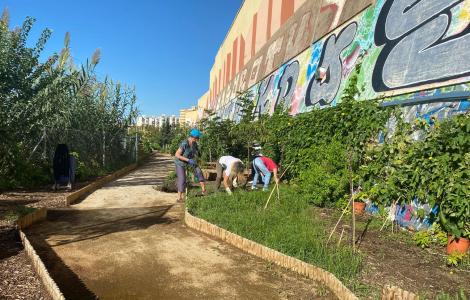CREAF contributes to the guidelines on the ecological restoration of Spanish territory
CREAF researchers Vicenç Carabassa and Josep M. Espelta have contributed along with 100 other scientists to the synthesis document ’Directrices y criterios para la restauración ecológica en España' promoted by the Ministry of Ecological Transition and Demographic Challenge, which should serve as a basis for implementing the European Nature Restoration Law and the development of the Spanish National Restoration Plan. Based on a process of specialised discussion, it brings together scientific and technical knowledge and experience in ecological restoration in Spain. The general coordinator is Professor of Ecology at the University of Alicante Jordi Cortina Segarra, linked to the Society for Ecological Restoration Europe.
This work is designed to support the Ministry in designing coordination, financing, and support tools, as well as the Autonomous Communities, which have the powers to implement restoration plans. "The Nature Restoration Law is an opportunity: it is a very flexible legal instrument that European member states can adapt to their ecological and socioeconomic contexts", Cortina Segarra points out. As a summary report, the Guidelines compile the recommendations derived from a more extensive study.

Eroded soil, one of the challenges of ecological restoration in Spain. Image Unplash
A specific guideline for resilience
A specific guideline for resilience
The guidelines analyse the challenges facing the Spanish territory when restoring terrestrial habitats (agricultural, forest and urban/peri-urban) and freshwater and marine habitats, and offer concrete proposals to guide how to plan, execute and monitor actions. "It is a very specific document", explains researcher Vicenç Carabassa, "which aims to provide indications and criteria for implementing the Directive”. It also proposes strategies for integrating ecological restoration into sectoral policies, promoting the participation of people with political decision-making responsibilities. In the words of Josep M. Espelta, "beyond their importance in achieving quality ecological restoration, these guidelines are key to fostering ecosystem resilience in the face of the uncertainty of climate change”.
The guideline is designed to support the Spanish government in designing tools for coordinating, financing, and supporting, as well as the Autonomous Communities, which have the authority to implement restoration plans.
With the aim of generating a team of voices that is as heterogeneous as possible, specialists from research centres and universities, as well as representatives of private companies in each of the fields analysed, have taken part. The report is aimed at professionals in politics, management and the environmental sector, as well as the public who are aware of the need to restore ecosystems. Interpretation of the content of the report must consider the time at which it was produced and its role as a starting point for the National Plan.
Other European countries such as Germany, Denmark and the Czech Republic are promoting similar work.







